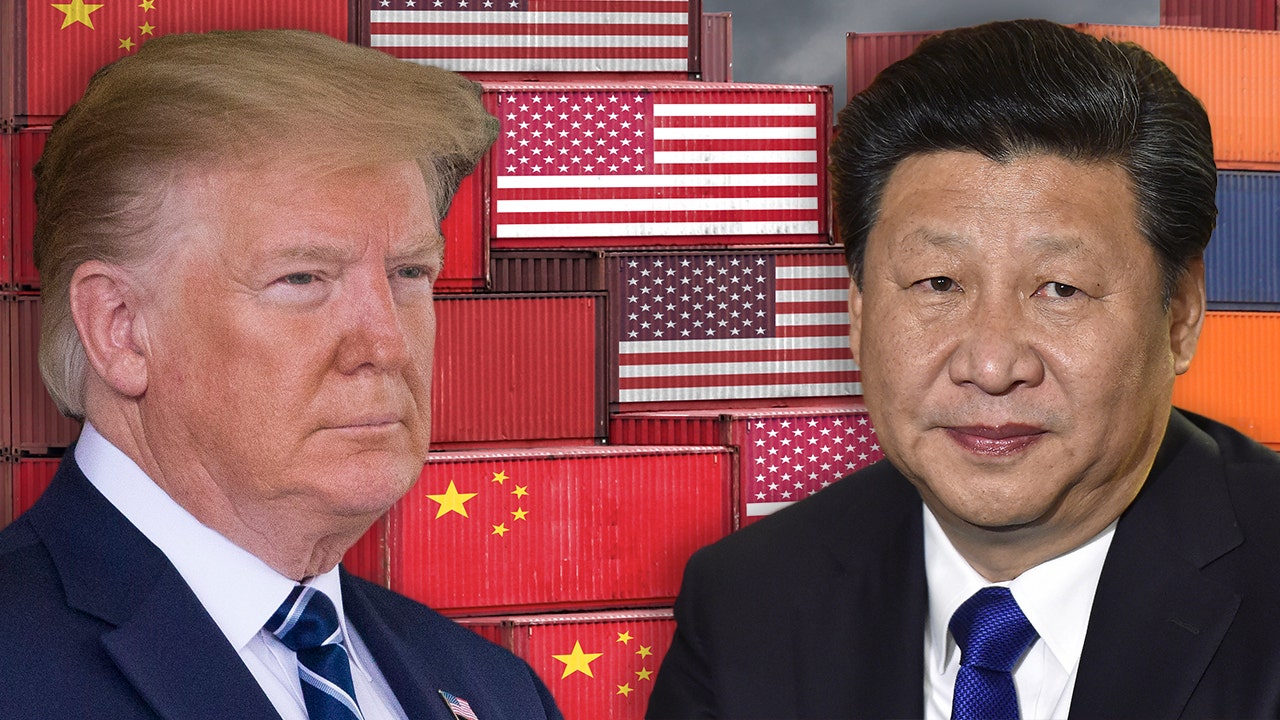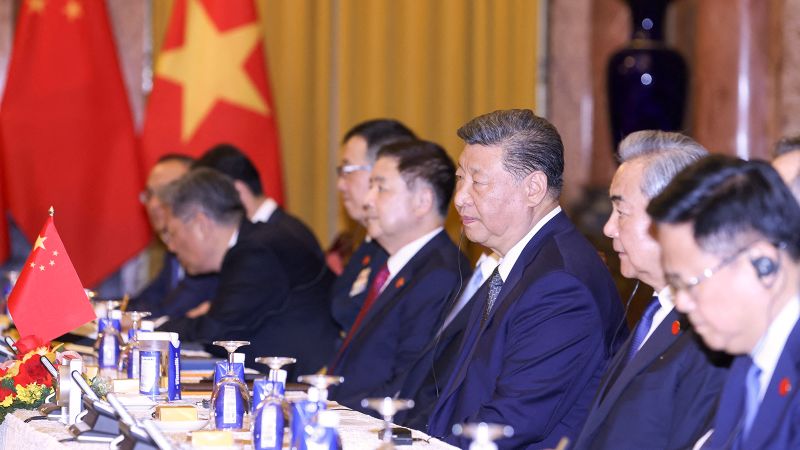China Issues Stern Warning Against Trade Deals with US, Threatens Countermeasures
China warns of retaliation against countries making trade deals with the US that harm its interests amid escalating tariffs and trade negotiations.
Overview
China has issued a stern warning to countries like Japan and South Korea against negotiating trade agreements with the US that jeopardize its interests. The Chinese Commerce Ministry cautions it will take 'corresponding countermeasures' against any deals perceived as harmful. This follows President Trump’s escalation of tariffs on Chinese imports to 145%, with China reciprocating with its own tariffs. Amid ongoing negotiations with other countries, China warns that appeasement or compromise with the US will not yield stability, and insists it will defend its rights vigorously. The situation underscores the intensifying trade war between the two nations.
Report issue

Read both sides in 5 minutes each day
Analysis
- China warns countries against making trade deals that compromise its interests, emphasizing the importance of a fair approach to international trade and the need to respect the interests of all involved parties.
- The Chinese government asserts it is open to negotiations with the U.S., but warns that appeasement will not yield positive outcomes for nations involved and that any agreements detrimental to its interests will provoke countermeasures.
- Countries caught between the U.S. and Chinese tariffs face significant pressure as they navigate complex trade negotiations, with China's warnings underscoring the potential economic ramifications of siding against its interests.
Articles (10)
Center (4)
FAQ
China has vowed to take 'resolute and reciprocal countermeasures' against countries entering trade agreements with the US that compromise China's interests, though specific measures have not been detailed publicly.
China has specifically warned countries including Japan and South Korea against making trade deals with the US that jeopardize Chinese interests.
The US under President Trump imposed tariffs totalling up to 145% on Chinese imports, with China retaliating by imposing tariffs of up to 125% on US goods.
China opposes any trade deals with the US that come at China's expense and warns that appeasement or compromise with the US will not bring peace or respect, emphasizing it will vigorously defend its rights and interests.
China has expressed openness to talks with Washington but no meetings have been announced as of now.
History
- 6M

 5 articles
5 articles








